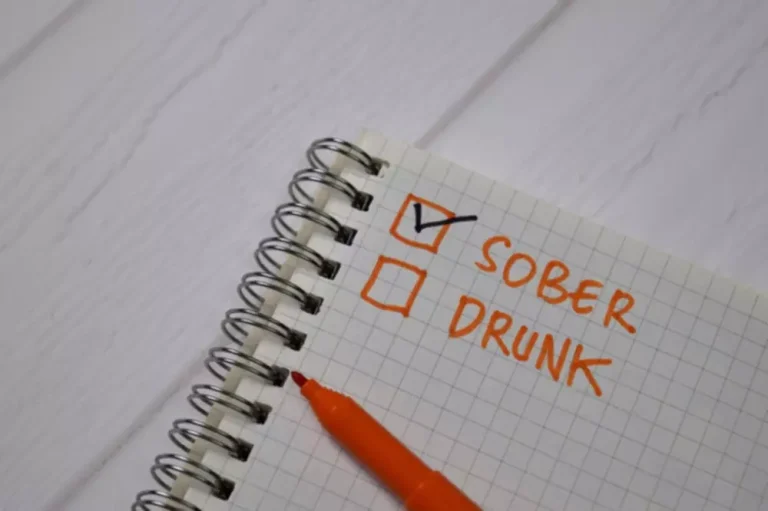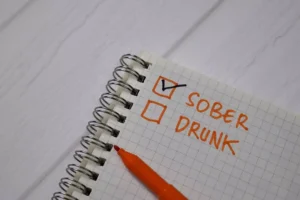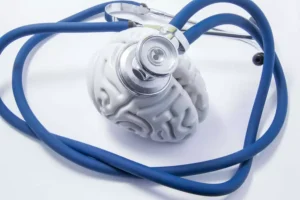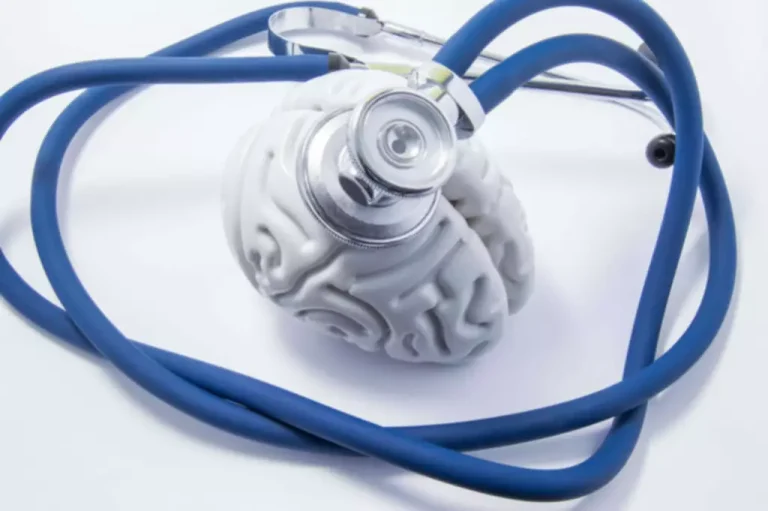
Older people, people who have little experience drinking, females, and smaller people may have a lower tolerance to alcohol than others. Taking drugs before drinking and/or not eating can also increase the effects of alcohol on the body. Usually a man will start to drug addiction treatment feel tipsy after consuming 2 to 3 alcoholic drinks in an hour. A woman will feel tipsy after consuming 1 to 2 alcoholic drinks in an hour. Three years ago, Moon decided to go sober after upsetting someone she loved while drinking. She joined the Gen Zers and millennials who are drinking less than past generations, in a trend that is improving people’s health — and profits for non-alcoholic bars.

How is alcohol intoxication treated?
About 90 percent of the alcohol consumed by underage kids in the U.S. is in the form of binge drinks. Each year, an estimated 696,000 college-age students are assaulted by a peer who has been drinking and 1,825 die from alcohol-related incidents, including car crashes. Your liver can metabolize about one standard drink per hour, but that doesn’t mean that your buzz will wear off that quickly. How alcohol affects you, how drunk you get, and how long it lasts depends on several factors. In the last couple of years, programs like Hello Sunday Morning have been encouraging people to take a break from drinking. And by making this more socially acceptable, they may also be decreasing the negative feedback some people receive for not drinking, although this is a theory that needs testing.
- Alcohol abuse and binge drinking are common, and they put many people at risk of alcohol poisoning, alcohol addiction, and chronic alcohol-related health problems.
- A person will enter the euphoric stage of intoxication after consuming 2 to 3 drinks as a man or 1 to 2 drinks as a woman, in an hour.
- Here’s a look at all the variables that affect how long drunkenness lasts.
- There are many people out there having a drink at night to relax.
- Those initial positive feelings diminish over time as more alcohol is consumed.
- Coping drinkers are more likely to be female, drink more heavily and experience more alcohol-related problems than those who drink for other reasons.
- I’ve heard drinking described as “a cup of extroversion,” providing confidence in situations that otherwise would trigger awkwardness, embarrassment, or even anxiety.
People who drink to cope are more likely to develop an alcohol use disorder.

And if you have, you should probably talk what does being drunk feel like to someone because there is a bigger problem. As well as affecting our day-to-day wellbeing, a consistent lack of sleep can be a precursor to diabetes, depression, obesity and even cancer. And more than half of the people polled for the study said they felt stressed because of it.
Stage 3: Excitement
«I was simply not in control. https://ecosoberhouse.com/article/wet-mush-brain-from-alcoholism-symptoms-and-dangers/ Once I had one drink, I lost the ability to be able to stop.» She goes to just as many events, but knows that any worries she had about socializing were in her head and won’t be fixed by alcohol. Plus, she remembers more of her interactions, which has helped her network. «When I stopped drinking, I was worried I was going to be boring and awkward in work events, and thus maybe compromise my potential for making money,» she said.
Your body functions will slow so much that you will fall into a coma, putting you at risk of death. Blood alcohol content (BAC) is the unit used to measure the amount of alcohol in a person’s bloodstream. It’s getting late but you are nowhere near ready to stop the party.
